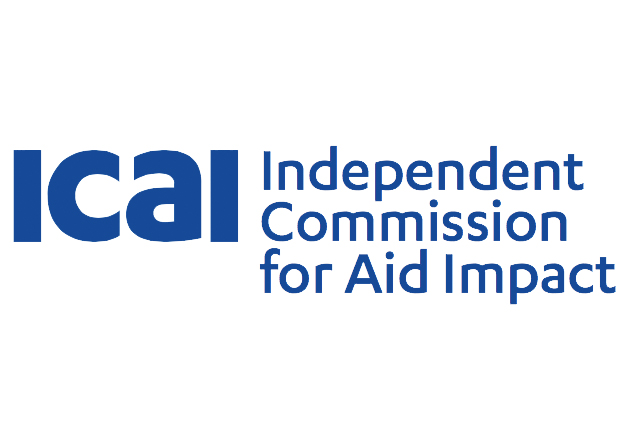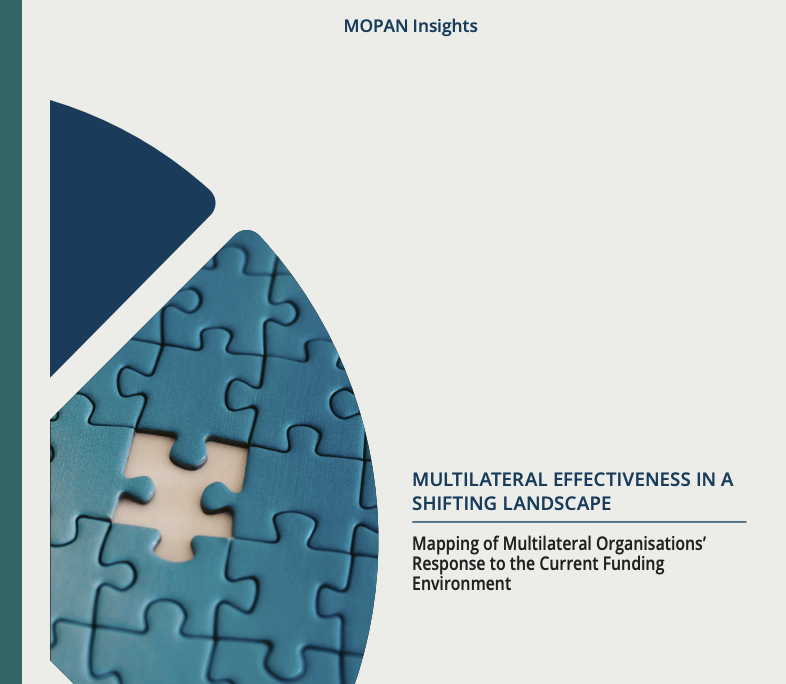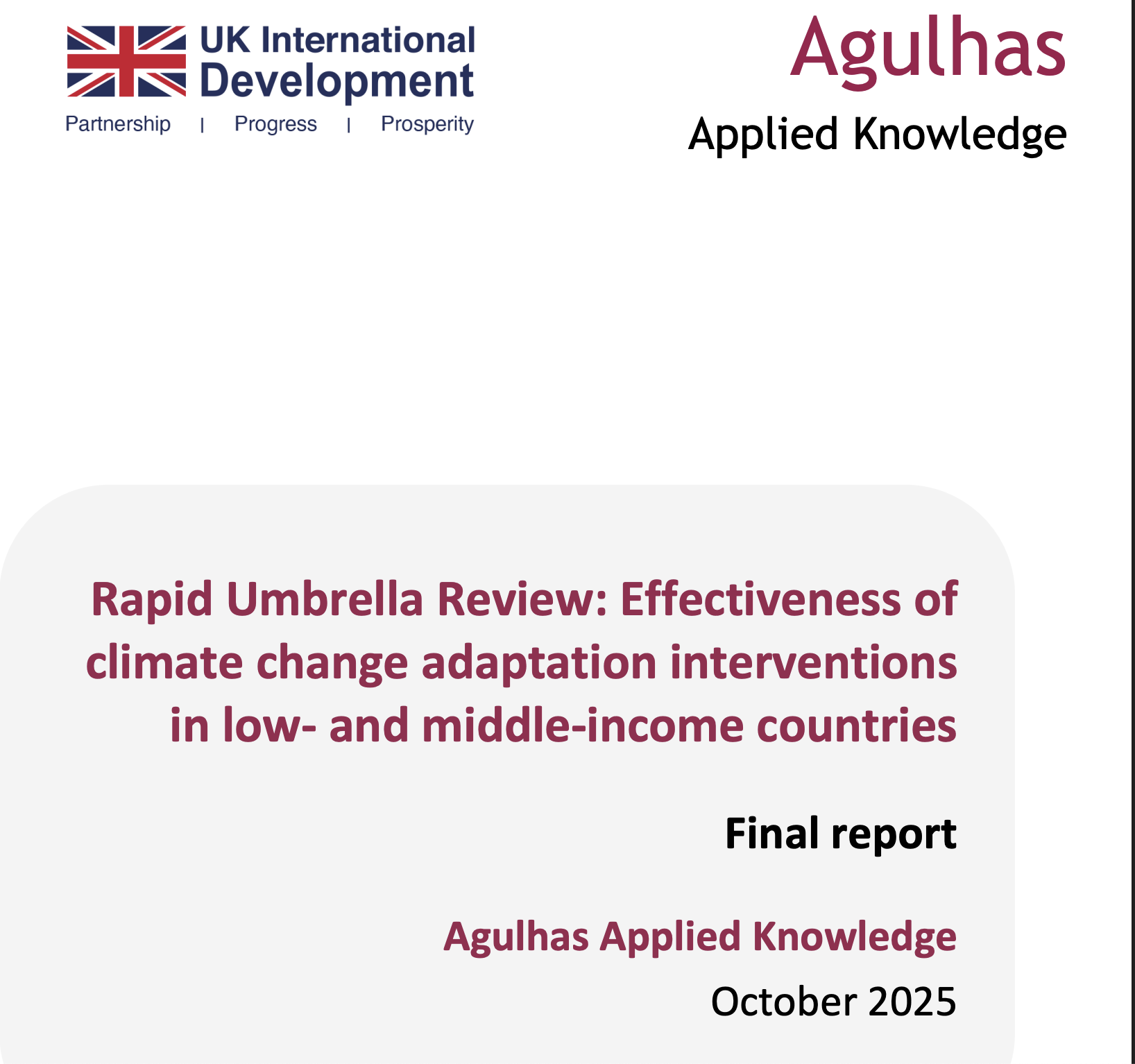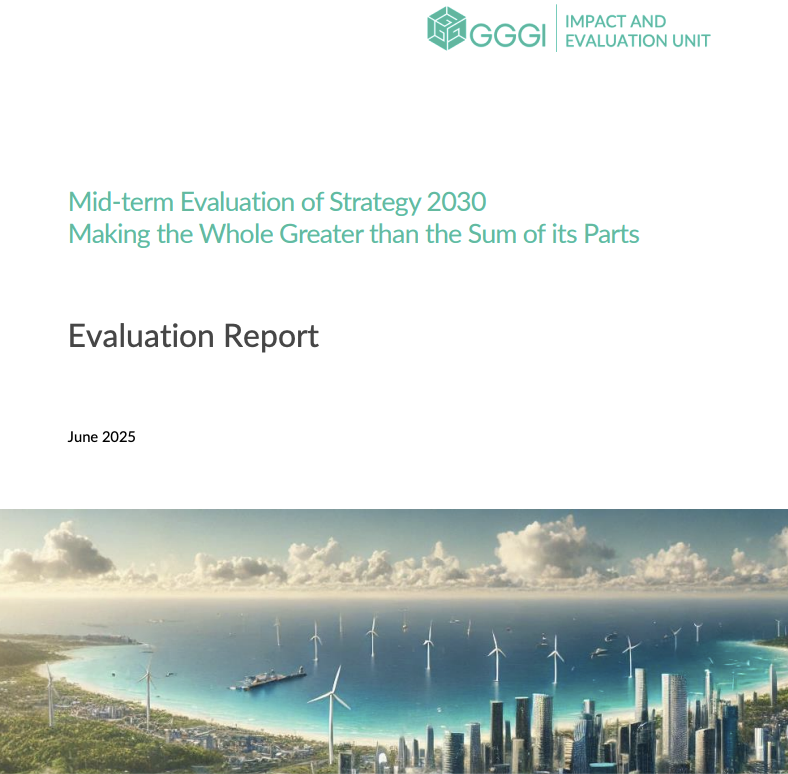The period since the onset of the COVID-19 pandemic in 2020 has been one of exceptional turbulence for UK development assistance. UK ODA spending was reduced from the statutory target of 0.7% of gross national income (GNI) to 0.5% in 2021, and is now being progressively reduced to 0.3% by 2027. At the same time, government expenditure on support to refugees and asylum seekers in the UK has increased, sharply reducing ODA available for spending overseas. The Foreign, Commonwealth and Development Office (FCDO) and other aid-spending departments have been required to manage both a succession of large-scale reductions and a lengthy period of uncertainty in their ODA budgets.
This information note sets out the nature and origins of the ODA spending target, the processes by which ODA budgets are allocated across government departments, and how the ODA target is managed at the cross-government level.
It projects that in 2027-28, one-fifth of the official development assistance (ODA) budget will be spent on supporting refugees and asylum seekers in the UK, leaving as little as 0.24% gross national income (GNI) for overseas development. This would be the lowest percentage of national income in more than 50 years of aid statistics, matched only in 1999.
The report highlights that budget uncertainty in recent years has hindered effective forward planning by the Foreign, Commonwealth and Development Office (FCDO), damaging the UK’s reputation as a reliable partner.
Changes announced in the 2025 Spending Review mean FCDO’s ODA budget will be protected from volatility caused by fluctuations in the UK’s GNI and asylum-related costs – an issue previously raised by ICAI. However, FCDO will not automatically receive funds back to spend on development if other departments’ ODA spend is unexpectedly low or if the economy grows unexpectedly quickly.
The information note also highlights that cross-government processes have in the past often focused too narrowly on meeting spending targets, with limited ambition shown towards ensuring strategic coherence or monitoring the achievement of development objectives.
It suggests that substantial improvements to the coordination of aid spending between different government departments will likely be needed, to increase the strategic coherence of the UK’s offering and support the government to deliver its commitment to ‘modernise’ development cooperation.
You can also download the information note here











